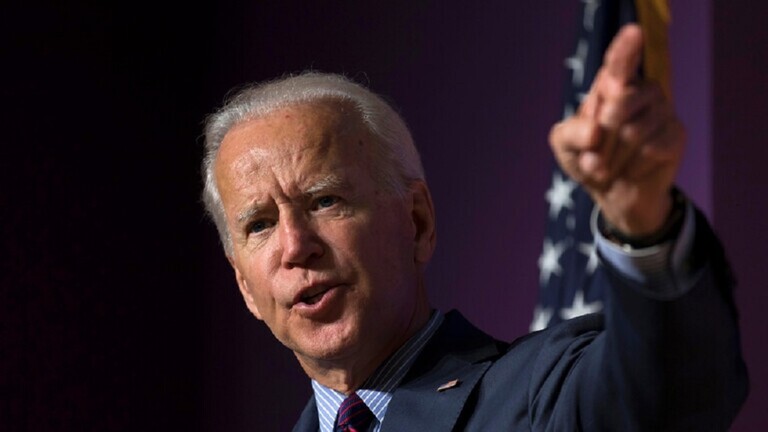Speaking in an interview with the website of the Strategic Council on Foreign Relations, Qasem Mohebali referred to the change in the Joe Biden’s policy towards Arab states as compared to the policies of the Trump administration and said: In addition to announcing that he wants an end to the war in Yemen, Biden has also said that he attaches importance to the issue of human rights and domestic politics of those countries. Therefore, this will have a significant impact on the status of US relations with Arab countries, including Saudi Arabia, and regional developments.
Pointing out that the Trump administration has promised to provide the United Arab Emirates and Bahrain with strategic arms on the condition of establishing diplomatic relations with the Zionist regime, he said: However, unlike the Trump administration, the Biden administration does not seem to be very interested in cooperating with Bin Salman, and the issue of assassination of Jamal Khashoggi by Bin Salman is one of the issues that may become the source of serious differences between the US Democratic administration and the Saudi government.
The expert on the Middle East affairs further remarked: The Democratic administration in the United States seeks not to sell strategic weapons to governments like the Saudi government that do not respect human rights and are not within the Democratic Party’s value framework.
Mohebali also referred to the internal rivalries in the United States and said: Supporters of the Trump administration were among the manufacturers and sellers of weapons, but the Democrats are more dealing with software and electronics companies and are seeking to strengthen them.
Regarding the impact of the US decision on the Yemen war, the expert stressed: The end of the Yemen war will not be easy, because it depends on several variables. First, there are the internal issues of Yemen, and second, there is still no clear solution for bringing together the Yemeni parties, including the Zaidis, the Sunnis and the southern tribes; so until those conditions are not met, it will be difficult to predict an end to the Yemen war.
Further elaborating on the implications and impacts of the pause in arms sales to Saudi Arabia on Riyadh-Washington relations, Mohebali said: No doubt, Saudi Arabia has serious concerns about this, and it seems that, as in the Obama administration the two sides did not have good relations, during the Biden’s presidency relations between the United States and Saudi Arabia will not be strong.
He added: In the case of relations between Tel-Aviv and Washington the situation is the same and to the same extent that the right wing of the Republican Party was close to the Saudis and Israel, the Democratic Party will not have such relations.
According to the expert, the US distancing from the Zionist regime and Saudi Arabia will have its special impact on the relations of the West with the Middle East countries.
Also noting that at the same time Saudi Arabia has tools in its possession to confront with the United States, Mohebali stressed: Among those tools are regional tools and Saudi Arabia can use the forces it has in the region. The financial and oil power of that country can also be used. At the same time, Saudi Arabia has both influence in the Islamic and Arab worlds and enjoys high financial power. The Neom project, in which heavy investment has been made, could attract companies close to Joe Biden and influence the US policy toward Saudi Arabia.










0 Comments